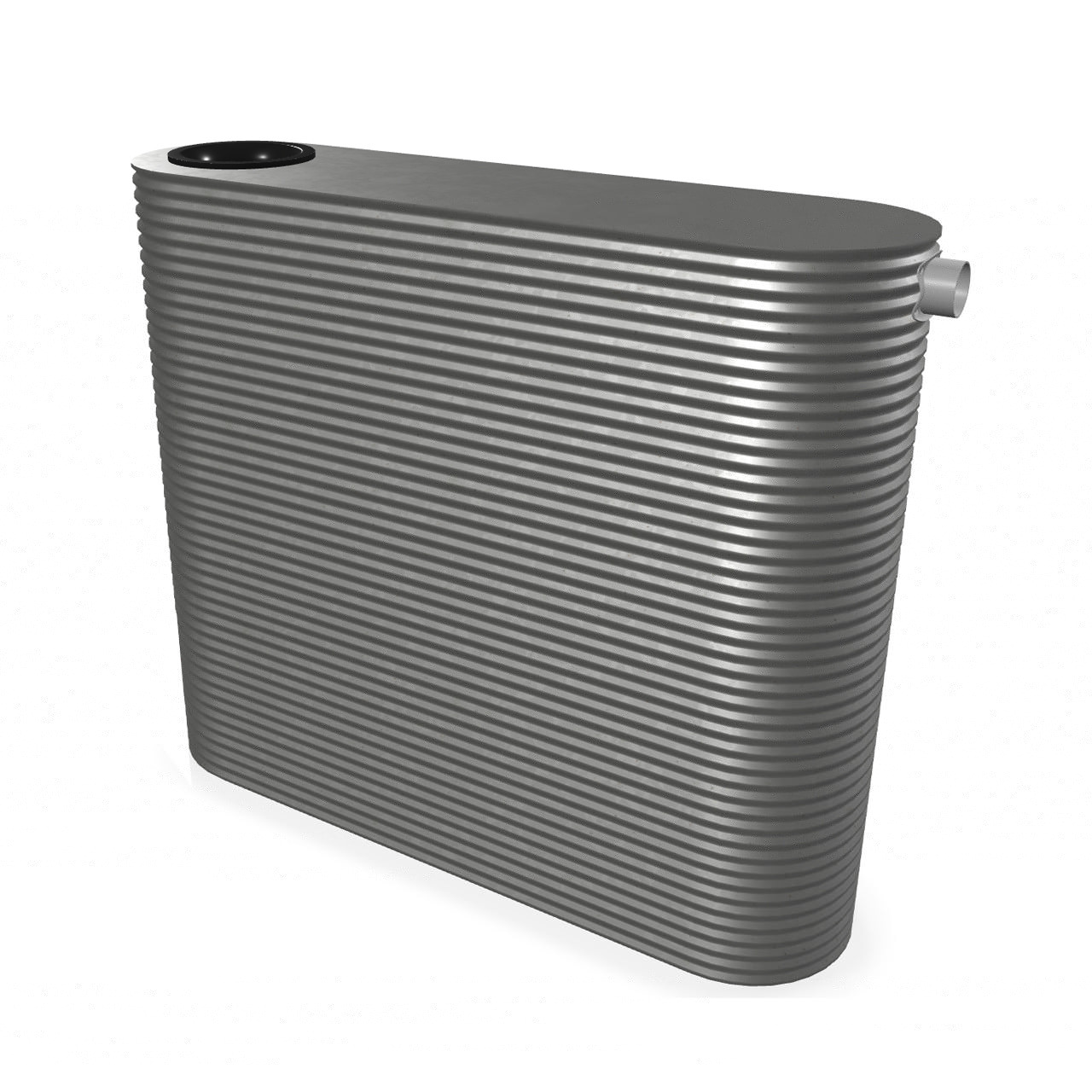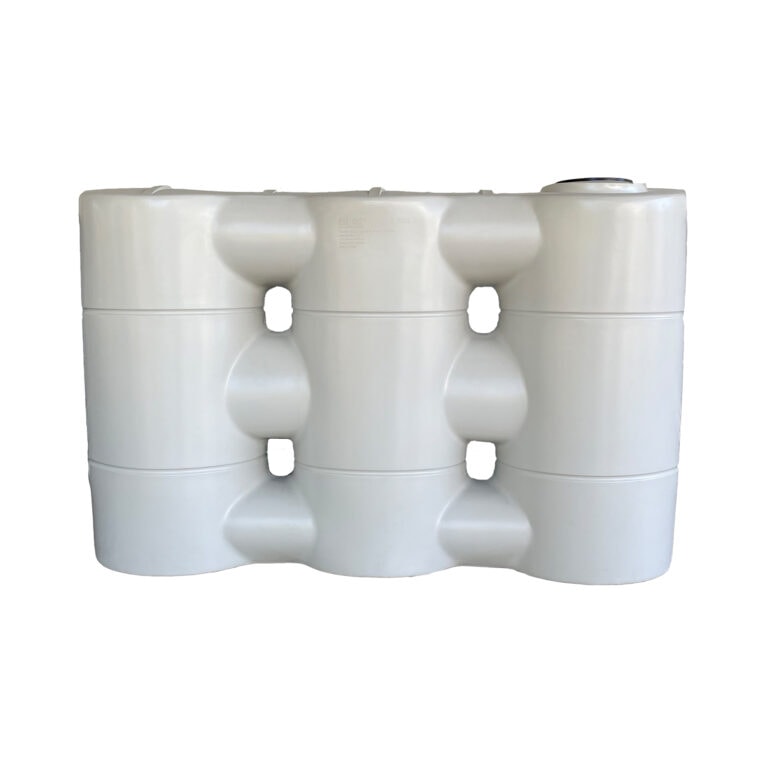Unveiling the Perks of Rain Tanks in Decreasing Water Expenses and Ecological Influence
In a world where sustainability and cost-efficiency are increasingly important, the use of rain containers presents a useful and ecologically mindful remedy. The advantages of including rain tanks into domestic or commercial residential properties expand past mere water bill reductions. By exploring the multifaceted advantages of such systems, one can discover a wealth of insights into how they add to a much more lasting future while favorably influencing both funds and the setting.
Price Financial Savings With Rain Containers
When taking into consideration the execution of rain storage tanks, considerable cost savings can be attained via reliable water administration methods. Rainwater harvesting supplies a lasting solution that not only lowers water bills but additionally reduces the stress on local water sources. By catching and storing rain for numerous non-potable uses such as irrigation, commode flushing, and laundry, homes and businesses can significantly lower their dependence on treated water from the grid, bring about considerable cost financial savings gradually.
By making use of harvested rainwater for tasks that do not require drinkable water, such as watering yards or washing cars, people can decrease their general water intake from the mains supply, resulting in reduced water costs. Additionally, rainwater tanks can assist minimize the impact of water limitations or dry spells by providing an alternate water resource for essential tasks, making sure connection in water supply without incurring extreme prices.

Ecological Effect Reduction
Applying rainwater containers not just causes expense savings but additionally adds dramatically to reducing the ecological influence related to water consumption. By recording rainwater that would or else run off right into storm drains, rain tanks aid ease pressure on typical water sources like rivers and reservoirs. This minimized demand for municipally dealt with water results in power cost savings and a decrease in the carbon impact associated with water therapy and distribution procedures.
Moreover, using rain for tasks such as horticulture, watering, and washing lowers the requirement for making use of treated water for non-potable objectives. This conservation of safe and clean water helps in maintaining water resources for important usages and decreases the energy-intensive procedures included in dealing with water to meet alcohol consumption standards.

Water Bill Decrease Conveniences
The setup of rainwater tanks supplies considerable monetary advantages via decreases in water costs. By accumulating and storing rain for numerous household makes use of, such as watering gardens, flushing commodes, or doing laundry, property owners can substantially reduce their dependence on the local water system. This, in turn, brings about an obvious decrease in water intake from standard resources, leading to lower water expenses at the end of each billing cycle.
Rain is a totally free and lasting resource that can supplement and even change the need for utilizing cured water for non-potable objectives. Because of useful source this, houses with rainwater storage tanks can see a considerable reduction in their total water expenses gradually. In addition, during durations of water restrictions or drought, having a rain container can provide an important different water resource, more decreasing the dependence on pricey metropolitan water supplies.
In essence, investing in a rain container not only adds to ecological preservation but also uses substantial financial advantages by lowering water bills and promoting long-lasting expense financial savings for home owners.
Sustainable Water Administration Solutions
Offered the economic advantages and minimized reliance on metropolitan water supplies that rainwater tanks supply, checking out lasting water management services becomes a logical next step for house owners looking to basics optimize their water usage. By using rainwater containers to catch and store rain, home owners can decrease their dependancy on traditional water resources, such as community products or groundwater, therefore adding to water conservation initiatives.

In addition to rainwater harvesting, lasting water administration solutions might consist of applying water-efficient home appliances, components, and landscape design techniques - Slimline water tanks. Mounting low-flow bathrooms, showerheads, and taps can substantially decrease water intake within families. Additionally, integrating drought-resistant plants and making use of smart watering systems can assist decrease water use for outdoor landscaping. By embracing these sustainable water management techniques, house owners can not just maximize their water usage yet also contribute to ecological preservation and lower their water expenses over time.
Neighborhood Water Resource Conservation

Moreover, area participation can encompass navigate here the execution of water-saving innovations and practices on a bigger range. Motivating the adoption of rainwater tanks, greywater recycling systems, and efficient watering methods within areas can result in considerable reductions in water consumption. Furthermore, fostering a feeling of collective duty for water conservation can promote sustainable habits and techniques amongst area members.
Furthermore, community water source preservation initiatives can lead the means for more powerful bonds among locals and a shared commitment to ecological stewardship. By working together to protect and protect water resources, neighborhoods can contribute significantly to a much more lasting and durable future.
Conclusion
To conclude, rain tanks provide considerable price savings, ecological benefits, and contribute to sustainable water administration solutions. By decreasing water expenses, saving water resources, and minimizing environmental impact, rainwater containers play an essential duty in advertising water conservation and sustainability - Slimline water tanks. Their implementation not just benefits specific households yet likewise adds to the wider goal of community water source management and conservation